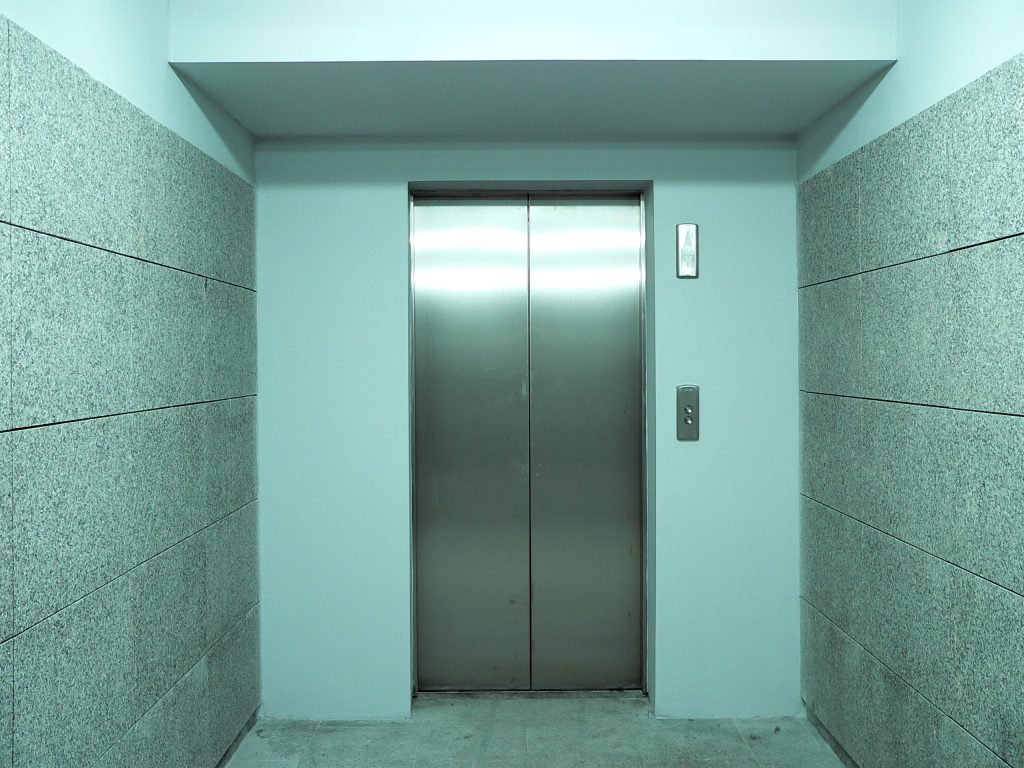 Workers’ compensation claims can be very stressful for the injured employee. Because of this, the law in Louisiana will help offset the legal costs of workers’ compensation claim denials by employers by awarding penalties and attorney fees ( PA&F) if the employer is found to have improperly denied the employees claims for medical treatment. This was the case for a Calcasieu Parish employee who experienced trouble sleeping due to pain from her injury. So, what do you do when your employer denies your workers compensation benefits?
Workers’ compensation claims can be very stressful for the injured employee. Because of this, the law in Louisiana will help offset the legal costs of workers’ compensation claim denials by employers by awarding penalties and attorney fees ( PA&F) if the employer is found to have improperly denied the employees claims for medical treatment. This was the case for a Calcasieu Parish employee who experienced trouble sleeping due to pain from her injury. So, what do you do when your employer denies your workers compensation benefits?
Stephanie Lemelle Ardoin was injured while working for the Calcasieu Parish School Board at the beginning of 2013. After the injury, she was awarded workers’ compensation benefits and received treatment for her back injury. Ms. Ardoin’s treatment included a laminectomy. She also had a fusion of her L4-5 vertebrae performed by Dr. Chris Gunderson.
Following the surgery, Ms. Ardoin received care from Dr. Gunderson and was also provided with care from Dr. Daniel Hodges to deal with pain. She received care from Dr. Hodges because she was still experiencing pain and was having problems sleeping. Eventually, both doctors gave a prescription for an adjustable mattress to help with the sleeping issues. The adjustable mattress request was sent to WellComp Managed Care Services for review. WellComp denied this request on the grounds that it did not meet the Workers Compensation insurance guidelines. WellComp stated the claim was inadequate because there was no medical rationale to support the need for the adjustable mattress.
 Louisiana Personal Injury Lawyer Blog
Louisiana Personal Injury Lawyer Blog


 No one can ever truly be prepared for the death of a loved one. It can present many unforeseen challenges, especially when complicated by the process of obtaining survivors’ benefits.
No one can ever truly be prepared for the death of a loved one. It can present many unforeseen challenges, especially when complicated by the process of obtaining survivors’ benefits.  Dot your i’s and cross your t’s. We’ve heard it since kindergarten. Yet, sometimes it is easy to forget the basics when a case seems to be open-and-shut.
Dot your i’s and cross your t’s. We’ve heard it since kindergarten. Yet, sometimes it is easy to forget the basics when a case seems to be open-and-shut.  Imagine you are driving home from work and you collide with another vehicle. Would your employer be liable for the damages? For most commuters, the employer is not accountable for any accidents that occur on the way to or from the place of work and the employee’s residence. But in certain cases, such as where an employee is traveling with a specific business purpose under the direction of the employer, the employer may be on the hook under a theory known as vicarious liability. Effectively, vicarious liability holds an employer liable for an employee’s negligence when the employee is acting within the scope of the employer’s business.
Imagine you are driving home from work and you collide with another vehicle. Would your employer be liable for the damages? For most commuters, the employer is not accountable for any accidents that occur on the way to or from the place of work and the employee’s residence. But in certain cases, such as where an employee is traveling with a specific business purpose under the direction of the employer, the employer may be on the hook under a theory known as vicarious liability. Effectively, vicarious liability holds an employer liable for an employee’s negligence when the employee is acting within the scope of the employer’s business.  When accidents happen, especially at work, it is natural for us to want to be made whole again: put back together as much as possible so our lives can return to normal. Sometimes, recovery for these accidents only covers the harm we can see. A worker injured on the job may appear healed physically but have more internal healing that needs treatment. This issue was examined in a workers’ compensation case appealed to the Louisiana First Circuit Court of Appeal in 2016.
When accidents happen, especially at work, it is natural for us to want to be made whole again: put back together as much as possible so our lives can return to normal. Sometimes, recovery for these accidents only covers the harm we can see. A worker injured on the job may appear healed physically but have more internal healing that needs treatment. This issue was examined in a workers’ compensation case appealed to the Louisiana First Circuit Court of Appeal in 2016. When an employee is injured on the job, workers’ compensation is often a faster and more efficient method to seek damages than other judicial remedies. Once a judgment is entered, it is important for the injured party to promptly collect damages because this judgment could prescribe, or no longer be enforceable.
When an employee is injured on the job, workers’ compensation is often a faster and more efficient method to seek damages than other judicial remedies. Once a judgment is entered, it is important for the injured party to promptly collect damages because this judgment could prescribe, or no longer be enforceable. Almost every adult American has thought about what would happen if they were injured at work. They ask would they receive enough to sustain their pre-injury lifestyle and if not, what remedies are available. Typically, employees are eligible for workers’ compensation, but the workers’ compensation system seems odd to some people. For example, if you lose a finger at work, you will get a set amount, but depending on what finger you may get more than someone else who also lost a finger. The question, in this case, is whether Terry Russell, who was injured on the job, is eligible for supplemental earning benefits (“SEBs”). A SEBs award is based on the difference between the claimant’s pre-injury average monthly wage, and the claimant’s proven post-injury monthly earning capacity.
Almost every adult American has thought about what would happen if they were injured at work. They ask would they receive enough to sustain their pre-injury lifestyle and if not, what remedies are available. Typically, employees are eligible for workers’ compensation, but the workers’ compensation system seems odd to some people. For example, if you lose a finger at work, you will get a set amount, but depending on what finger you may get more than someone else who also lost a finger. The question, in this case, is whether Terry Russell, who was injured on the job, is eligible for supplemental earning benefits (“SEBs”). A SEBs award is based on the difference between the claimant’s pre-injury average monthly wage, and the claimant’s proven post-injury monthly earning capacity.  Disputes over injuries that occur on the job can be difficult to resolve for both employer and employee. Louisiana’s Third Circuit Court of Appeal addressed a common source of dispute — whether an employee’s medical condition was actually caused by his employment — in a case involving a welder who developed compartment syndrome.
Disputes over injuries that occur on the job can be difficult to resolve for both employer and employee. Louisiana’s Third Circuit Court of Appeal addressed a common source of dispute — whether an employee’s medical condition was actually caused by his employment — in a case involving a welder who developed compartment syndrome.  Compensation for work-related injuries can be an area of concern for both employees and employer. But what happens when the employee provides inconsistent stories that refute the injury alleged to have been suffered? The Second Circuit Court of Appeal for Louisiana recently addressed the issue.
Compensation for work-related injuries can be an area of concern for both employees and employer. But what happens when the employee provides inconsistent stories that refute the injury alleged to have been suffered? The Second Circuit Court of Appeal for Louisiana recently addressed the issue.  Workers’ compensation provides an avenue for workers injured on the job to receive the compensation a worker deserves. But what happens when a resident of one state is injured while working for a company in another state? A recent case out of the Second Circuit Court of Appeal for Louisiana addressed this issue when a Monroe, Louisiana worker, working for an Arkansas company, was injured in Mississippi.
Workers’ compensation provides an avenue for workers injured on the job to receive the compensation a worker deserves. But what happens when a resident of one state is injured while working for a company in another state? A recent case out of the Second Circuit Court of Appeal for Louisiana addressed this issue when a Monroe, Louisiana worker, working for an Arkansas company, was injured in Mississippi.